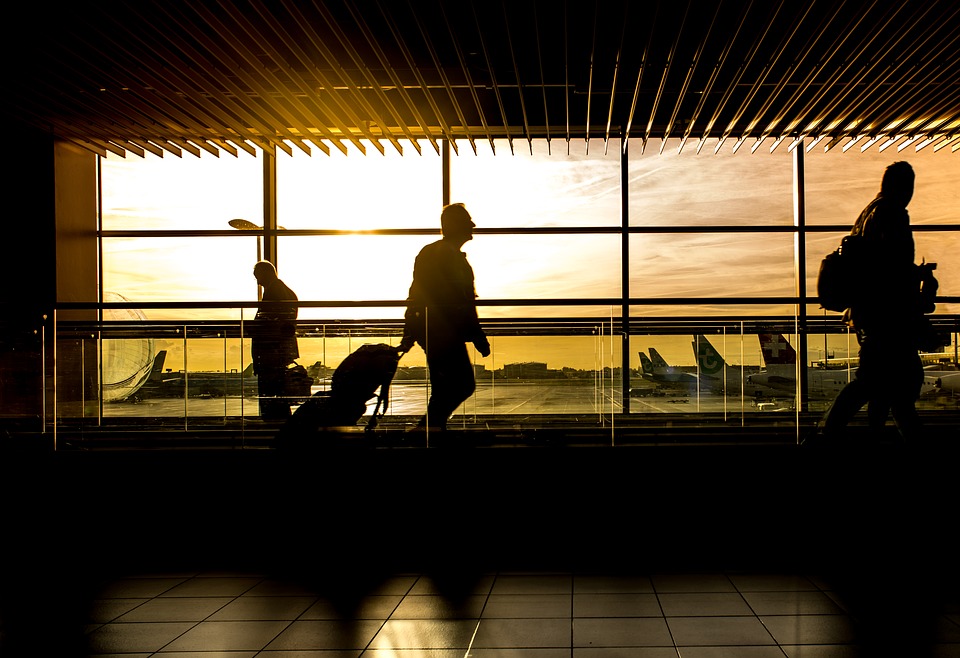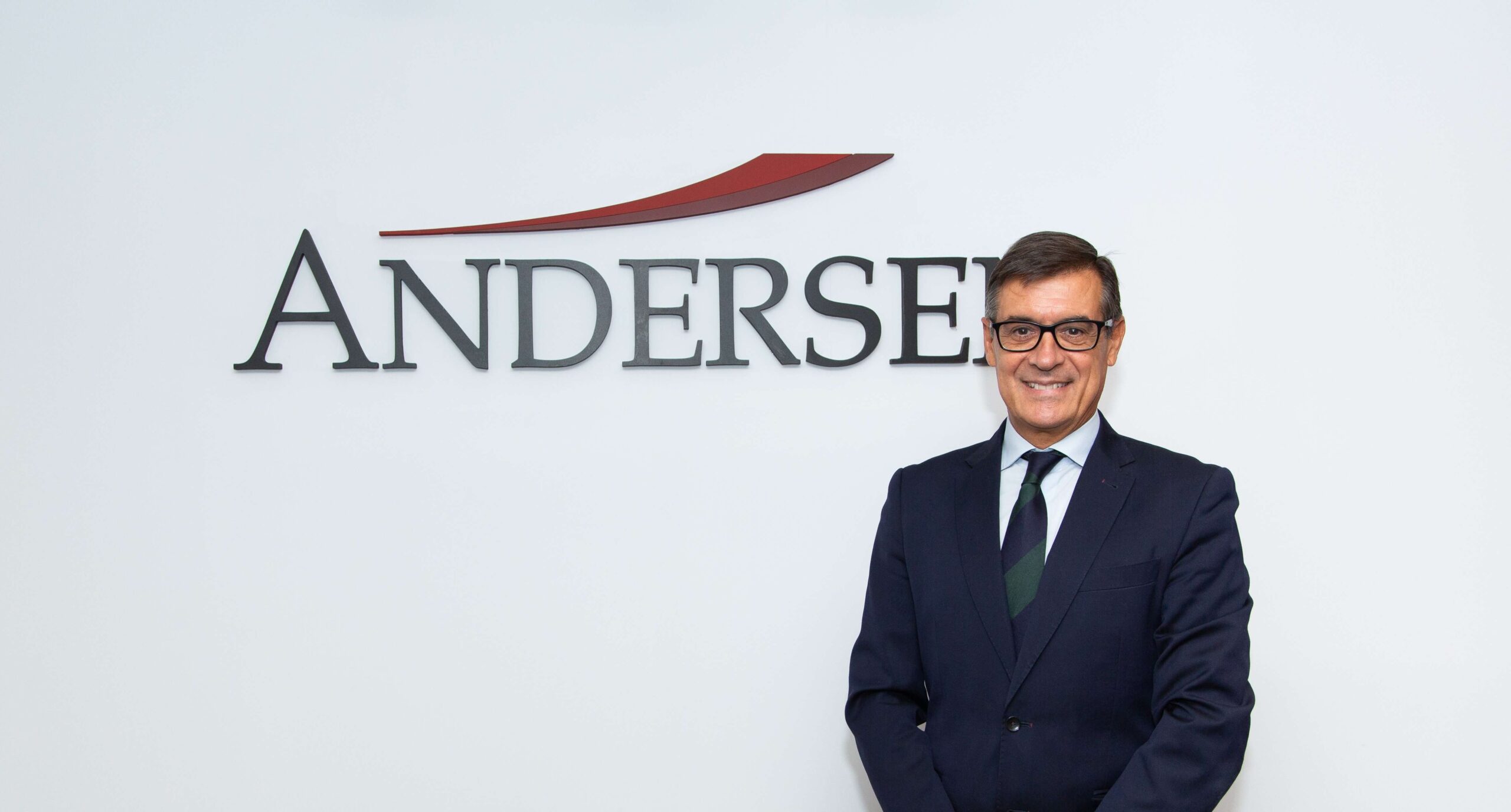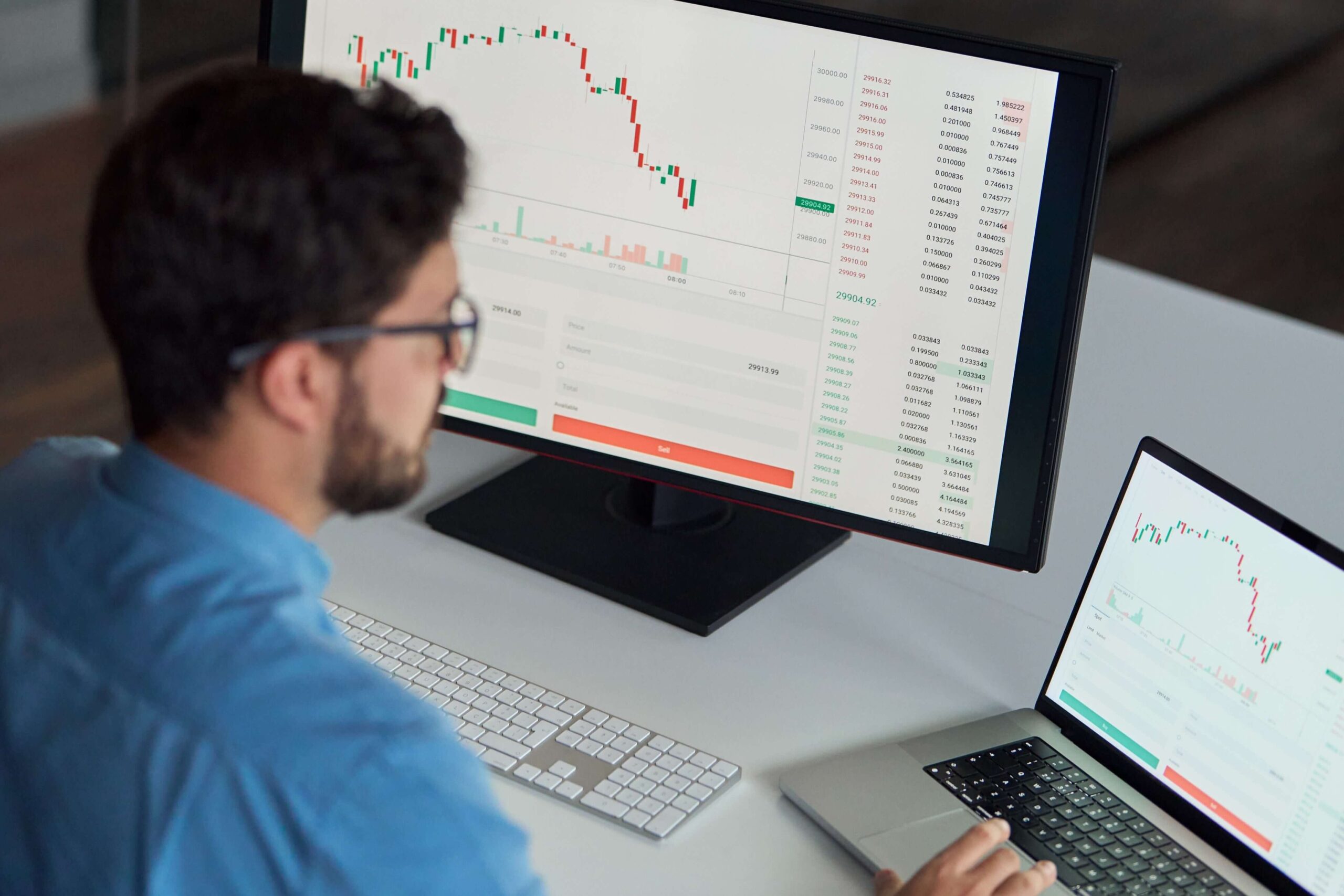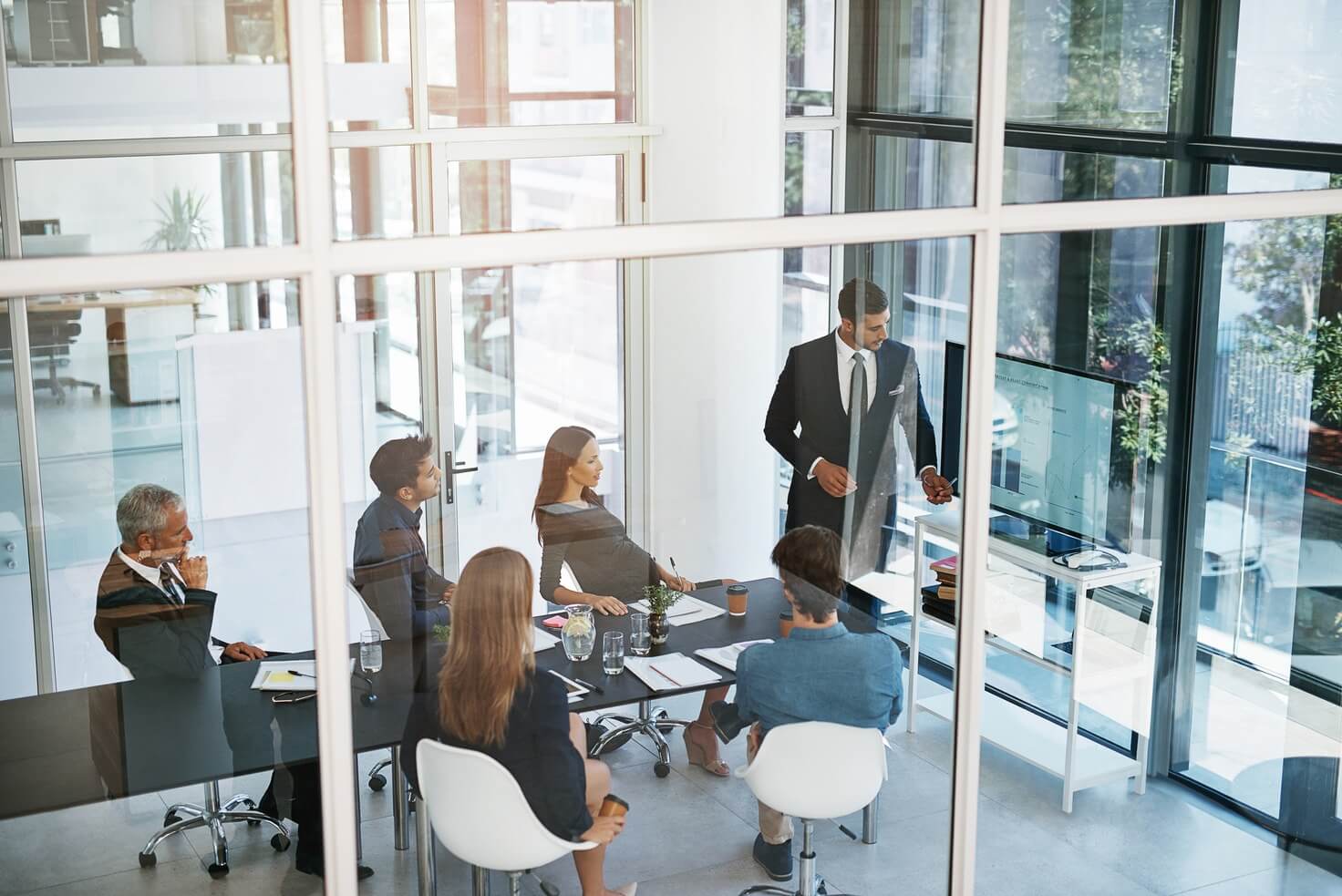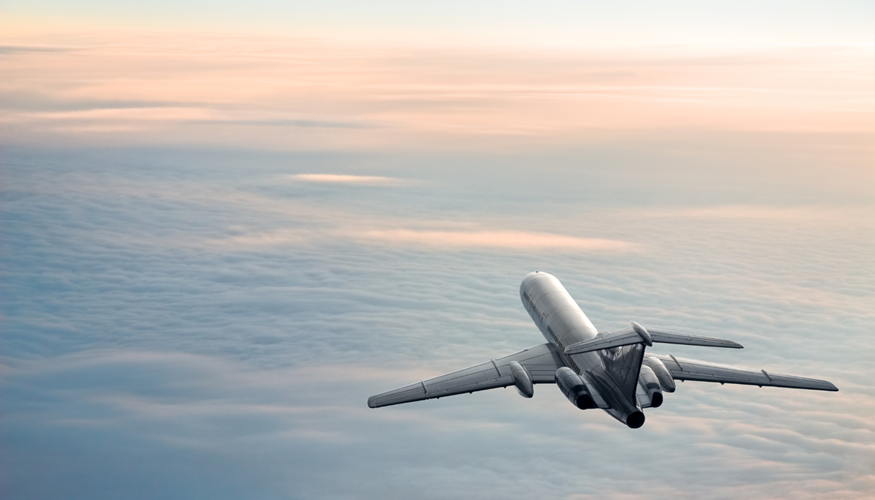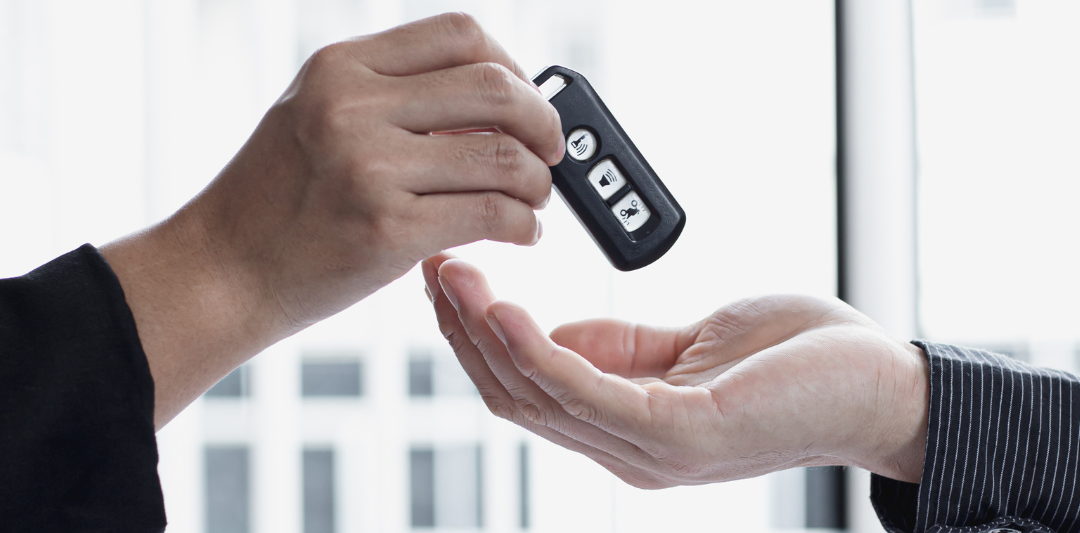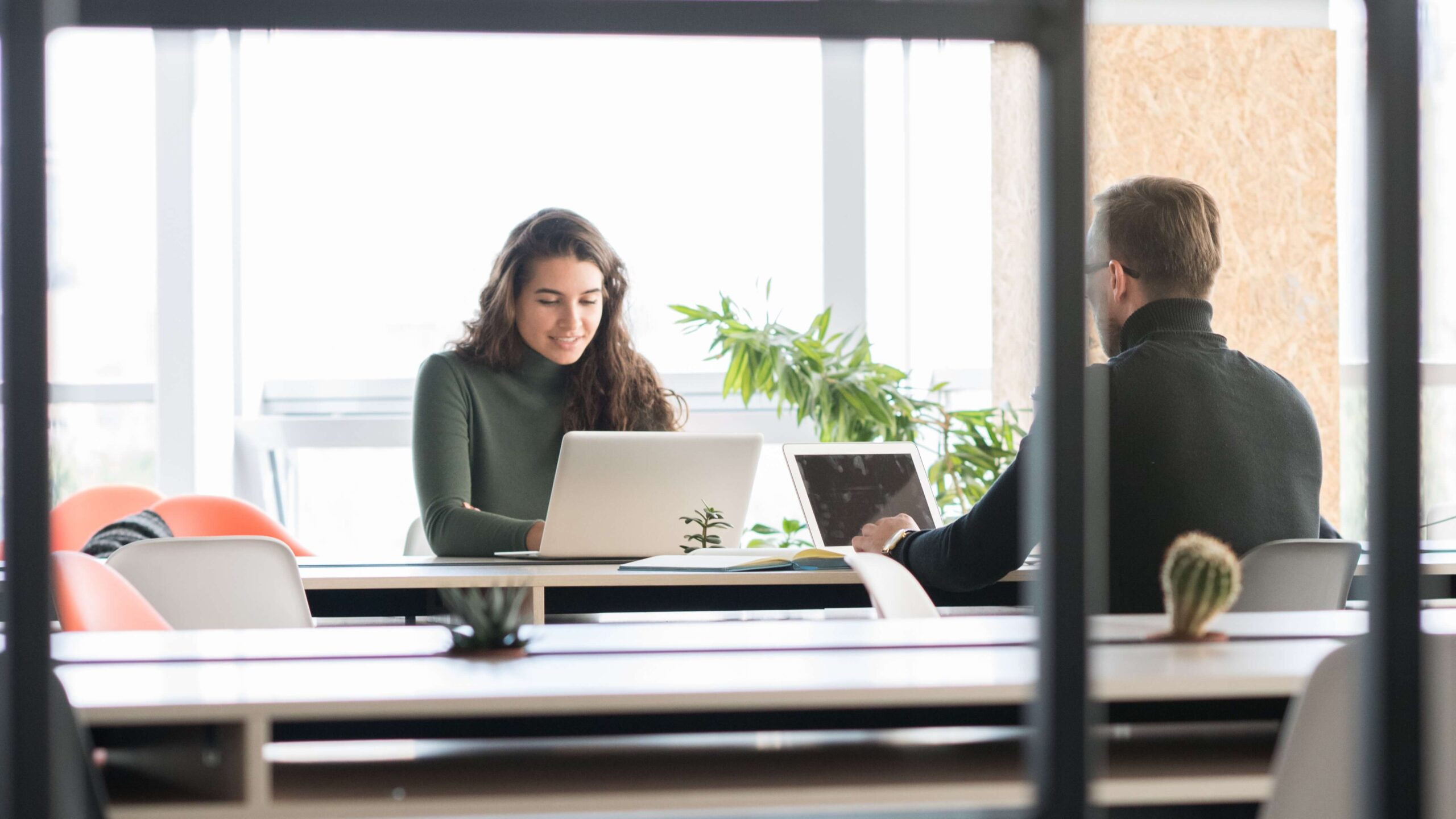Las empresas españolas están gastando cada vez más en desplazamientos destinados a negocios, la inversión en viajes está directamente relacionada con los resultados de las empresas, y por ello el crecimiento de la industria está asegurado. En este sentido, las compañías medianas son las más optimistas, mientras que pymes y autónomos son ligeramente más pesimistas en conjunto. Tomando esta tendencia como base, ¿Qué caracteriza al viajero de negocios? Vamos a aportar 5 puntos clave para un entendimiento en profundidad:
1. La duración de sus desplazamientos es notable. La duración media de los viajes de empresa es de 3,8 días, lo que indica que cada vez más las empresas viajan para hacer crecer sus negocios. Aquellos que prolongan su estancia 2 o más semanas quedan reducidos a un simbólico 3%, mientras que lo habitual son los periodos de 2 a 3 días, que representan un 57% del total analizado por el Barómetro. Por lo tanto, nos encontramos con un perfil que no puede desperdiciar su tiempo, y que tiene metas orientadas a un objetivo concreto: llegar a destino, reunirse, desempeñar las negociaciones pertinentes y conseguir acuerdos de manera eficaz.
2. Se busca la optimización de la inversión en viajes. Cada viajero de negocios abarca un gasto medio de 743 euros por desplazamiento. Esto supone que el 46% de las empresas hace una inversión económica situada entre los 100 y los 500 euros, mientras que únicamente el 12% desembolsa más de 1000 euros. Además, el montante es directamente proporcional a la lejanía, siendo más baratas aquellas expediciones que tienen lugar dentro de Europa (370 euros). Las compañías españolas priman obtener la mejor tarifa y asegurar el mejor precio para sus desplazamientos, por encima de otros atributos como el asesoramiento, o la información sobre el gasto.
3. Normalmente se trata de directivos, técnicos y comerciales. Estos son los tres puestos que disfrutan de una mayor movilidad, situándose por encima de disciplinas como managers (21%) y administrativos (11%). Viajan el 71% de los directores de la industria, el 57% de los técnicos de la construcción y el 57% de los comerciales del sector comercio. En las pymes que facturan menos de 1 millón de euros se movilizan principalmente los directores, una tendencia que se repite en aquellas cuyas ganancias superan los 50 millones. En resumen, los perfiles más cualificados que toman decisiones de negocio, y aquellos especializados en técnicas de negociación para conseguir más clientes, son los elegidos para representar a las compañías en este tipo de situaciones.
4. Demanda prioritariamente hoteles (84%) y billetes de avión (67%). El resto de productos también tienen un peso específico, como el tren (52%), el alquiler de coches (43%) o eventos y conferencias (18%). 2 de cada 5 empresas españolas disponen de condiciones especiales para sus viajes, principalmente en los servicios hoteleros y aéreos que acabamos de mencionar. El 26% de estas condiciones están negociadas directamente por la compañía, mientras que un 13% se pone en manos de la agencia o proveedor contratado. De esto podemos extraer que las empresas utilizan todo tipo de productos, combinando la comodidad con la eficacia.
5. España y Europa: sus principales destinos. El viajero de negocios suele realizar sus funciones dentro del continente europeo, buscando esencialmente abrir nuevos mercados y nuevos clientes lo más próximos posibles, aunque también se desprende del barómetro que las empresas españolas están perdiendo el miedo a adentrase en territorios lejanos más desconocidos. Un 83% de los viajes se efectúan dentro de España, mientras que el 49% tienen lugar en países de la UE, pero también las empresas están aumentando sus viajes a Norteamérica, Sudamérica, Asia y Africa respectivamente
Para Ángel García Butragueño, Co-Director del Barómetro Turístico BRAINTRUST, el business travel es un sector en alza sostenible, pero la oferta necesita adaptarse a la demanda, y buscar nuevas fórmulas de comercialización, de servicio al cliente, para garantizar su sostenibilidad. Los viajes de empresa no se consumen hoy igual que hace diez años, o que dentro de diez años, y sólo aquellas empresas que sepan visualizar el futuro y ofrecer diferentes tipos de propuestas de valor según el perfil de cliente, serán capaces de sobrevivir en el futuro.
Para José Manuel Brell, Co-Director del Barómetro Turístico BRAINTRUST, nuestro objetivo desde BRAINTRUST es ayudar a las compañías españolas a optimizar su gasto en viajes de negocio, y a todos los agentes de la industria turística a poner en marcha acciones que pongan en valor su propuesta, y mejoren sus ventas y su rentabilidad. Por eso creemos que los resultados del Barómetro, que iremos analizando anualmente, son de gran utilidad para todo el ecosistema de business travel en nuestro país.



